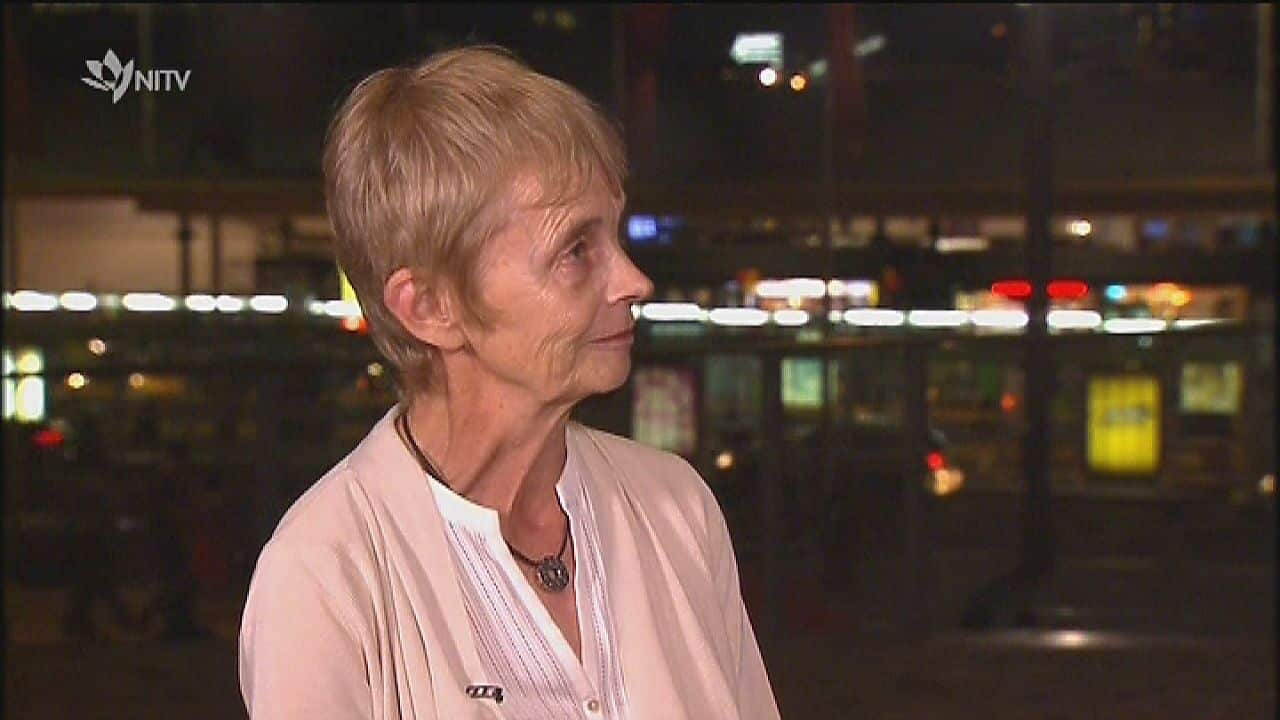The new book, 'It’s Our Country', explores the diverse opinions - from Aboriginal and Torres Strait Islander thinkers and leaders, including Patrick Dodson, Noel Pearson, Dawn Casey - on what recognition and constitutional reform may - or may not - achieve.
It also identifies the official campaign isn’t representative of the breath of Indigenous peoples' views because governments have turned the process over to committee after committee.
RELATED STORIES:

Treaty vs recognition – the importance of self determination
Meaningful constitutional change means that "something has to change in the status of Indigenous people and that has to do with the political status of Indigenous people", Marcia Langton told the ABC this morning.
“Most Indigenous Australians would like to see race, and the racialist concepts in the constitution removed. But it leaves us with a dilemma, how then are we treated? What’s our political status? So a lot of us are saying we should be treated as the first Australians."
May 27, 2017, is the unconfirmed date for Australians to cast their vote on changing the referendum.
The date marks the 50th anniversary of the 1967 referendum that officially counted Aboriginal people, but Ms Langton says that’s an ‘unrealistic timetable’.
“I don’t think most Australians have really considered the question. One of the reasons for that is, there is no question that’s been approved by the government. A number of propositions have been put to the government, we haven't had a straight answer."
Ms Langton added that Indigenous people have been told repeatedly by the government that we "should just settle for a preamble- statement."
“Everyone wants this to be a meaningful exercise with outcomes that are worth the effort,” she said.

A screen grab of Professor Marcia Langton's ABC interview on Monday morning. Source: Supplied
'If the vote is lost, the matter will never be considered again'
The consequences of a no vote at next year's planned referendum would completely rule out any chance of meaningful change, according to Marcia Langton.
“It’s very likely that if the referendum matter went to a vote in May next year the vote would be lost, but furthermore the problem is that the states have to vote as well and I don’t think it’s guaranteed that we have a majority of the states in agreement with recognising Indigenous people in the constitution,” she told the ABC.
Langton on treaties
Prof Langton acknowledged the treaty discussions taking place in Victoria, but expressed doubts over how it may be implemented in Australia given its history. She cited the US and Canada as examples of how their modern treaties arose from historical ones.
"They [treaties} came about at a time when the British Empire was prepared to accept the idea that the people in possession of a place could retain some sovereignty after colonisation ... it didn't happen here."
Victorians should be striving for "meaningful change" is the advice Prof Langton has for the Indigenous community.
"Concepts like Aboriginal sovereignty and so on are pretty meaningless, really, you could get some pretty important tangible outcomes if you recognise what is feasible."

The new book explores the diverse opinions from Aboriginal and Torres Strait Islander thinkers and leaders. Screen grab: ABC TV Source: Supplied



